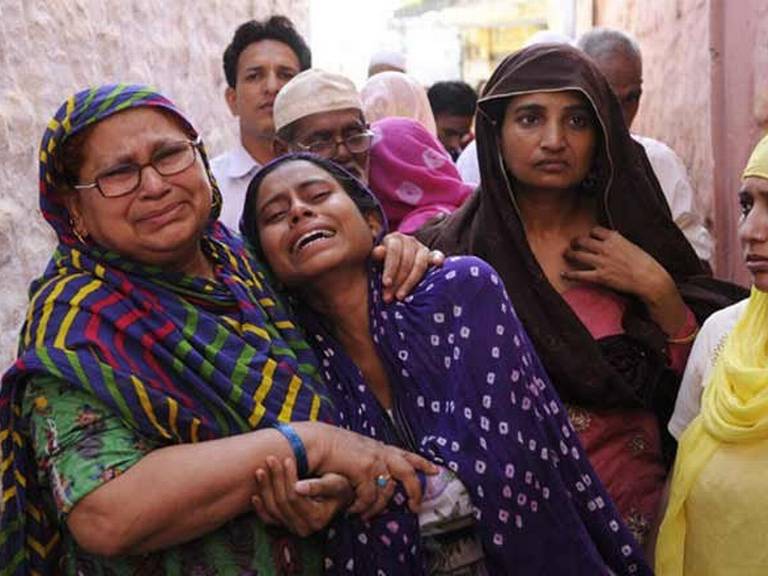
Violence manifests all around us every day, sometimes subtly and sometimes pervasively, but we often miss it. Except for the occasional headlines in the paper, mentioning road rage incidents where two drivers were caught in a brawl or an odd story about domestic violence which managed to escape the deep shutters of society and made it to the court or police somehow. There aren’t many conversations around violence in our society, and I am not talking about the sporadic riots
or the dacoity or the lynching that happens in moments of provocation. No, I am talking about the lower level, endemic violence that happens daily and affects the poor more than anyone else, because the law enforcement machinery is more geared seemingly to protect ‘people like us’ – the urbane, well connected middle class from whose classes, the enforcers themselves often come.
Human trafficking, particularly trafficking for labour and sex are two of the hidden forms of violence that may take place behind the dusty chimneys of brick kilns or modern factories with all modern amenities, in dingy brothels or sophisticated hotels. All behind a veneer of gentility. We are all in the pursuit of making India a prosperous and well-governed country that we can be truly proud of and the government is doing many helpful things to make this happen. We are taking initiatives in health like Ayushman Bharat, in sanitation like the Swachh Bharat Abhiyan, in empowering women and girls like the Beti Bachao, Beti Padhao program. We are providing adequate skills to people – for the 21st century and its job requirements through the Skill Development Mission and above all, we are very rapidly digitizing India.
Of course, these are all good and necessary things. But at the same time, there are things remaining to be done and this campaign hopes to address the phenomena of everyday violence that affects the poor. This kind of violence we are talking about does not have religious or political overtones. It is all-encompassing and obviously affects the most vulnerable sections of society more than it does others. But as of yet, we do not have a national programme to provide a rapid or speedy access to justice that will hold the perpetrators of violence accountable and award them exemplary punishment, thus creating a climate of stern and effective deterrence.
Unless we are also a country fully governed by the rule of law and access to justice is available quickly and effectively to those affected by violence, we will never be able to taste the fruits of development. Currently, we live in times, where we often see deterrence is lacking, therefore, violent crimes often go unpunished.
Though themes like access to justice are conversation topics heard about in certain academic circles, they are yet to become buzzwords that stir the public imagination. It is difficult to garner widespread, grassroots and high-level support for the rule of law. In the eyes of many people including governments, the rule of law does not put food on the table. It is not as emotionally charged as Garibi Hatao or Beti Bachao, Beti Padhao. Further, the law can be a source of oppression. Governments and law-enforcement officials can and do commit crimes. However, the rule of law is still of immense importance. It is a political ideal that we should all be fighting for with all the strength at our disposal.
Shantanu Dutta is a Former Air Force Doctor and is a development worker for the last 25 years.










































